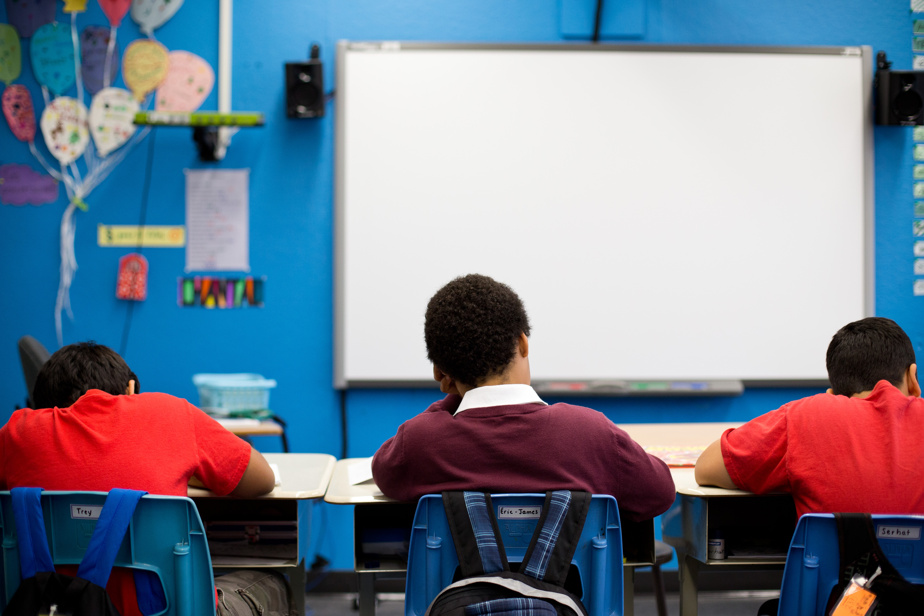Like those currently rife in many other fields, the teacher shortage is at the heart of the debates in Quebec. This shortage is neither sudden nor recent. Several government and research indicators predicted it from the late 1990s. It was exacerbated by certain factors such as the opening of 4-year-old kindergarten and the pandemic which precipitated the departure of legally qualified people, a teaching certificate.
One might think that this shortage is the result of an imbalance between the needs of the education system in terms of teaching staff and the number of qualified people. This is a simplistic reading of the phenomenon, because it is now recognized that this shortage is largely due to the dropout of teachers and the lack of attractiveness of the profession.
Quebec society already knows that because of difficult working conditions and inadequate support for professional integration, 25% to 30% of new qualified teachers leave the profession after the first year of teaching and until 50% after five years. What’s more, dropping out is no longer limited to young people. More experienced people are throwing in the chalk, as the requirements have steadily increased.
In terms of attraction, the situation is far from rosy. University teacher education programs are experiencing a historic decline in the number of students enrolling in them. Between 1996 and 2018, this drop reached 15% in teacher training at the primary level and 40% at the secondary level. In other words, fewer people choose to follow a university education to embrace a profession with a precariousness rate of 40%, unenviable working conditions and often negative media coverage. Quebec thus finds itself with a devalued profession marked by an exodus from both ends. What to do ?
Fortunately, the research speaks volumes in this regard. Since working conditions are key to motivating people to enter and stay in the profession, policies are needed that target the attraction, recruitment and retention of qualified teachers to reduce attrition and improve student academic success. . We must ask ourselves the following questions: Is Quebec prepared to demand quality education for all students by guaranteeing newly qualified persons a reasonable task? Is he prepared to not give new teachers the most demanding classes and contracts refused by the most experienced? Is it ready to provide them, upon graduation, with full-time positions leading to tenure to get them out of precariousness? Is he ready to invest more in their professional integration?
If we believe the statistics reported in the media, we can say that the damage has already been done in Quebec. The shortage is hitting harder than ever, and the industry is increasingly calling on people who are not legally qualified. Classes where alternates follow one another have become commonplace. It is certainly a national tragedy. It is becoming urgent to train and qualify these people without lowering the requirements associated with obtaining the patent. It is not by cutting training that the professionalization and retention of people who are not legally qualified will be ensured.
For qualification purposes, a master’s degree in teaching (60 credits) is the minimum to ensure that the skills defined by the Ministry are “substantially mastered” and that graduates are able to teach all the areas of learning at the elementary level as required, once again, by the Ministry. Training qualified teaching staff requires time and resources. However, this investment is nothing compared to the fact of not being able to count on a generation of young people capable of reading and writing adequately in French, of reasoning using mathematical and scientific concepts, and of becoming responsible citizens. . As a society, we must give this opportunity to all students in Quebec.
Finally, in the other fields experiencing a shortage, no one is talking about reducing the training associated with them. Would we agree to cut medical or engineering training in half? Why do we have to accept it when it comes to education, a key area in any social project?

